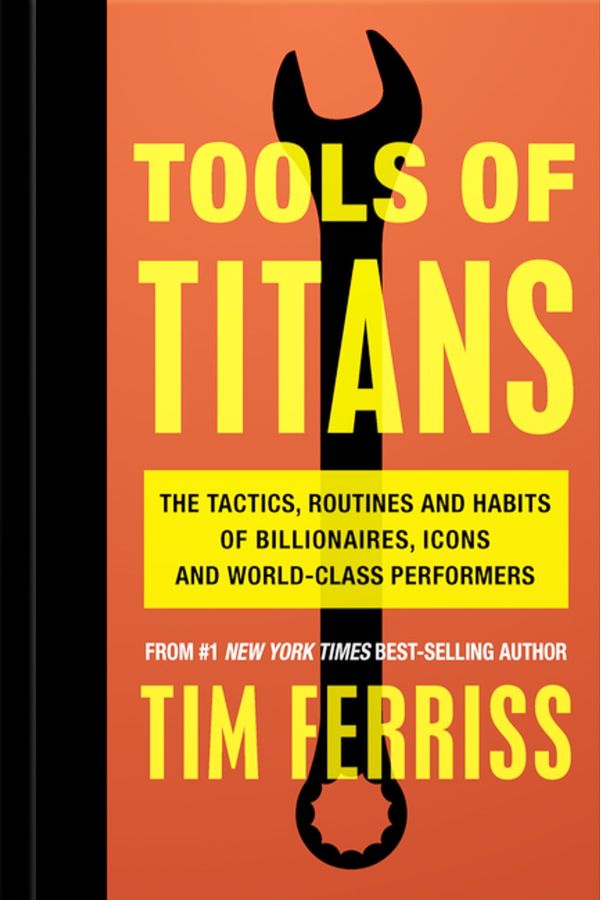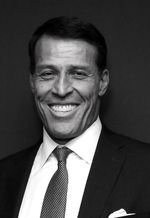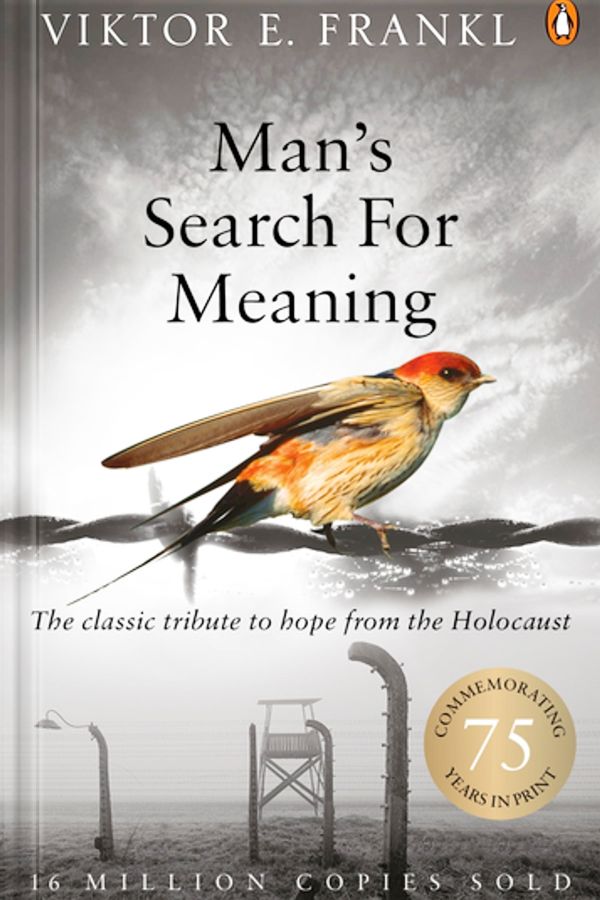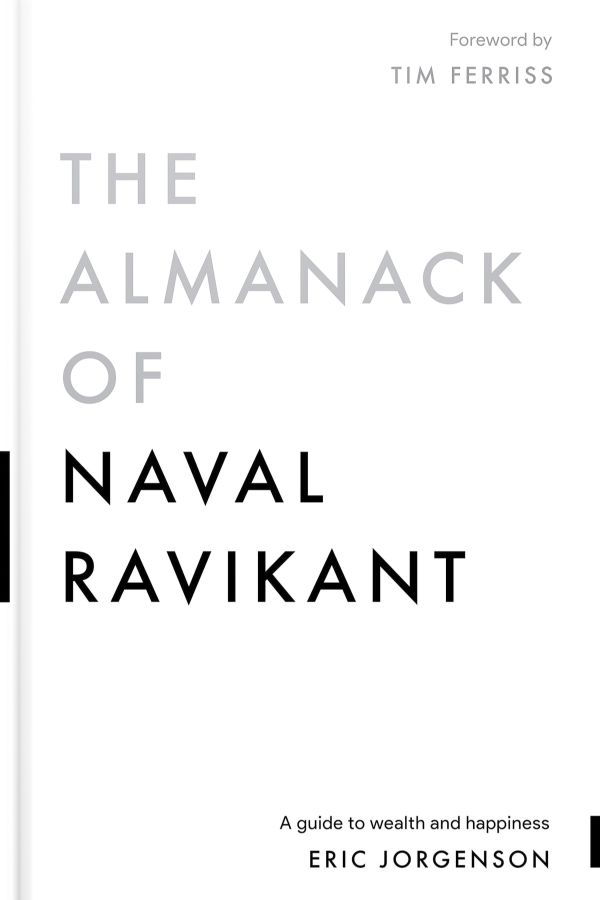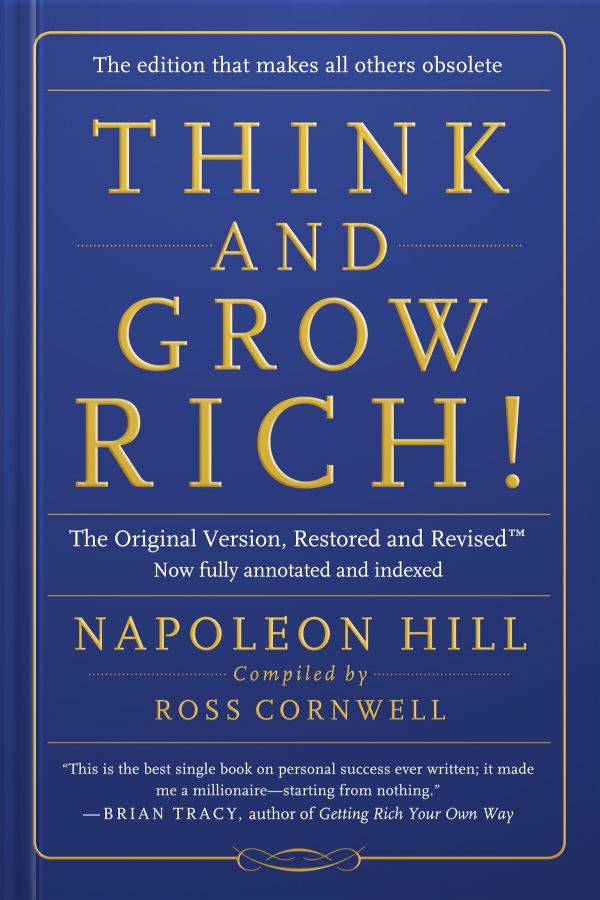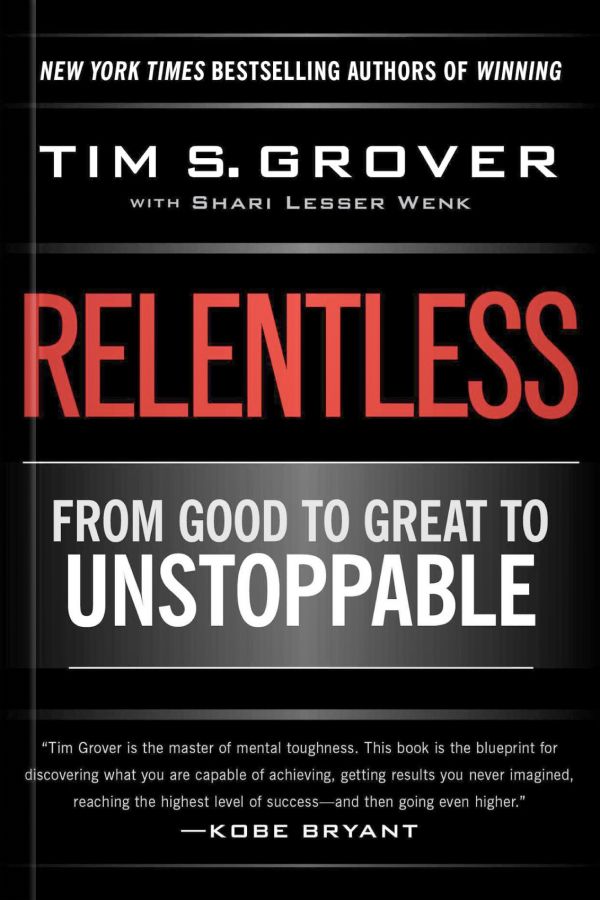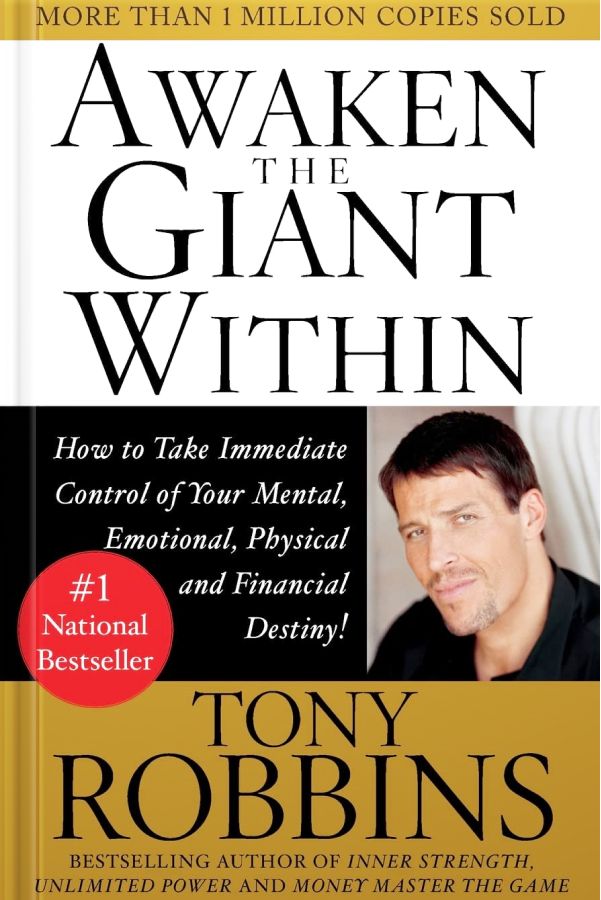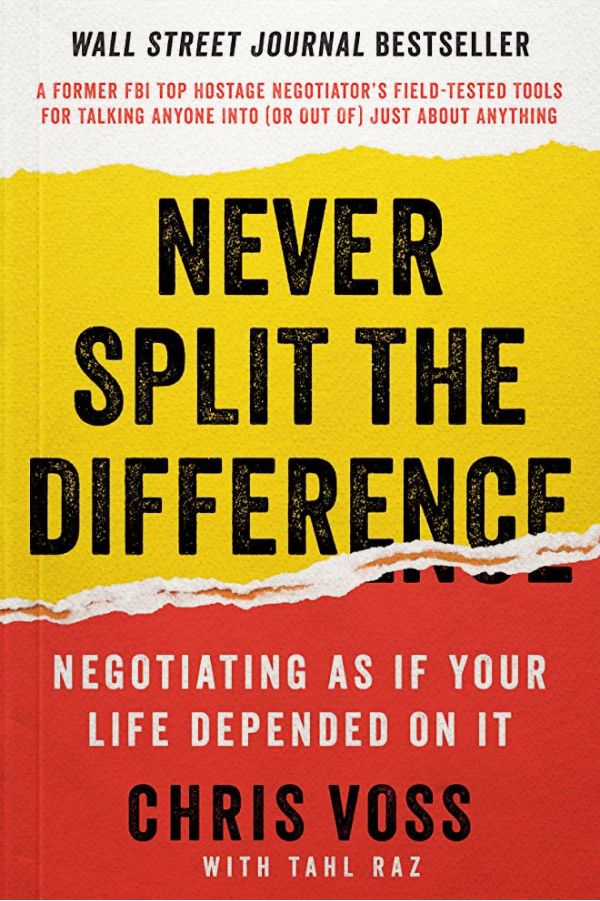
Business
Never Split the Difference by Chris Voss
The Power of First Names
In communication, nothing holds more power than the personal touch of addressing someone by their first name.
In his book, "Never Split the Difference," Chris Voss argues that our names are deeply tied to our identity.
When someone calls us by our first name, it strikes a chord of familiarity, making us feel recognized and valued.
So, when you're trying to establish rapport, remember to use first names.
"Your name is the best sound to you in any language." - Chris Voss
Mirror Your Way to Trust
Building trust is the cornerstone of successful negotiation. Voss suggests a simple yet effective technique to achieve this: mirroring.
This entails subtly matching the other person's body language and words. This unconscious mimicry generates a sense of ease, lowering their guard and fostering trust.
"Mirroring, or imitation, is a very powerful means of gaining rapport." - Chris Voss
The Art of Active Listening
Active listening is a skill that goes beyond merely hearing words, and it requires quieting your mind and focusing entirely on the speaker.
Voss believes that everyone craves to be understood. By listening deeply, you validate their perspective, establishing a solid base for negotiation.
"There is nothing more important in a negotiation than being heard. Listen, validate, feedback." - Chris Voss
Summarize to Show Empathy
Summarizing their position is vital once you've grasped their viewpoint through active listening. This demonstrates your understanding and empathy, strengthening your connection further.
"Summarize, and the other person will correct or confirm your understanding." - Chris Voss
Label Their Emotions
Humans are emotional beings, often driven more by feelings than logic.
Instead of ignoring or denying their emotions, Voss advises acknowledging and leveraging them. Labeling their feelings demonstrates your emotional intelligence and helps build a deeper bond.
"Don't feel their pain, label it. People love it when you understand their emotions." - Chris Voss
Master Your Emotions
Negotiations can be fraught with high-stakes tension.
Voss underlines the importance of keeping your emotions under control. Maintaining calm allows you to make rational decisions even in the face of pressure.
"Negotiate in their world. Persuasion is about the other party convincing themselves that the solution you want is their own idea." - Chris Voss
The Power of 'No'
Voss introduces a counterintuitive concept: making the other person say 'no.'
This gives them a sense of control, subtly shifting the dynamics in your favor. For example, instead of asking, "Can we talk today?" ask, "Is today a bad day for a call?"
"No is the start of the negotiation, not the end of it." - Chris Voss_
Anticipate and Defuse Negatives
Negotiations often involve unexpected challenges.
To navigate this, Voss recommends preparing for the worst accusations they could make and confronting them upfront. This can defuse potential negatives and strengthen your position.
"He who has learned to disagree without being disagreeable has discovered the most valuable secret of negotiation." - Chris Voss
The Calm Communicator
Voss emphasizes the significance of how you speak.
Speaking slowly, calmly, and clearly not only aids comprehension but also sets the tone for the conversation. When you remain calm, you encourage calmness in the other party too.
"The late-night FM DJ voice: Use your calmest voice to convey unshakeable confidence." - Chris Voss
The Power of Open-Ended Questions
Open-ended questions are a powerful tool in negotiation.
By asking "how" or "why," you allow the other person to express their perspective without feeling cornered. It's a subtle way to disagree without causing conflict.
"Open-ended questions are exceptionally powerful. They allow you to disagree without being disagreeable." - Chris Voss
Challenge Your Assumptions
Voss cautions against the pitfall of confirmation bias.
Questioning our assumptions and those of the other party can unearth new insights and prevent misunderstandings. It's about keeping an open mind and remaining curious.
"We do not see things as they are; we see things as we are." - Chris Voss
The Subtle Power of 'We'
Frequent use of 'I' can put people on the defensive as it suggests a self-centric approach.
Voss advises using 'we' instead, which signals inclusivity and shared interests, fostering a more collaborative atmosphere.
“The ‘I’ is the smallest talk there is. We should all be we.” - Chris Voss
In conclusion, "Never Split the Difference" is a treasure trove of practical advice on negotiation. By incorporating these strategies into your daily interactions, you can master the art of effective communication and negotiation.













